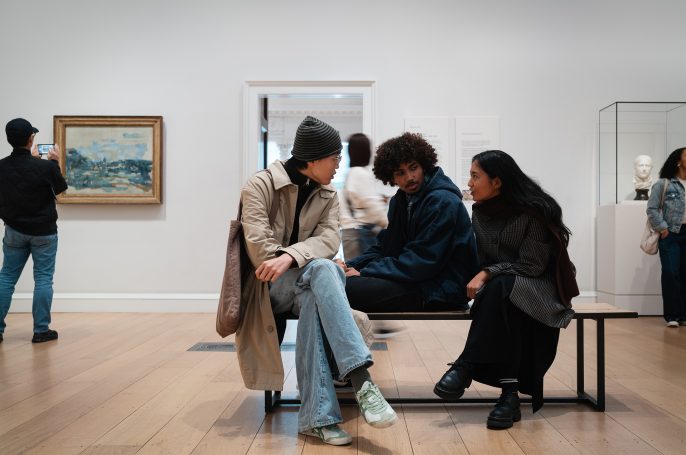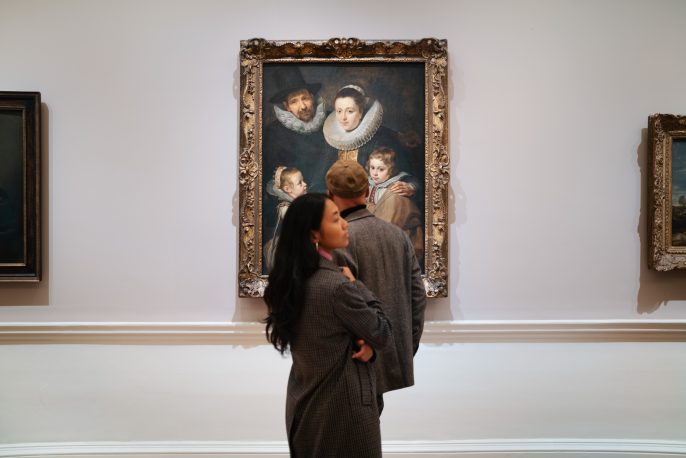Please join us to celebrate the publication of Ambicoloniality and War. The Ukrainian-Russian Case, by Svitlana Biedarieva. The book proposes the new notion of “ambicoloniality” to speak about the current situation when Ukraine has become Russia’s territory of obsession, and Russia, in its desire to occupy Ukraine, has in effect subjected itself to Ukraine’s symbolic dominance. Ambicoloniality presents a key point of divergence from existing models. The mutual impact of the two countries over centuries has gone both ways, over a shared border—in contrast to many other empires that established their colonial power relations at a distance. The Ukrainian-Russian case is different from the examples covered by both postcolonial and decolonial theorists.
To explore the reasons and consequences of such a differing process of colonial expansion, anti-colonial struggle, and decolonial release, the book inquires into the historical and cultural reasons for the emerging gap between the two states. It examines the role that cultural hybridity plays in political self-identification in both Ukraine and Russia, and how this hybridity has manifested in society and culture (including examples of art and literature) following the dissolution of the Soviet Union in 1991, until 2023.
Svitlana Biedarieva is an art historian, artist, and curator. She is the author of the book Ambicoloniality and War: The Ukrainian–Russian Case (Palgrave Macmillan, 2025) and the editor of Art in Ukraine Between Identity Construction and Anti-Colonial Resistance (Routledge, 2024), and Contemporary Ukrainian and Baltic Art: Political and Social Perspectives, 1991–2021 (ibidem Press, 2021), among others. Svitlana is the General Editor of The Harvard History of Ukrainian Art book series (forthcoming). She serves as President-Elect of the Society of Historians of East European, Eurasian, and Russian Art and Architecture (SHERA) and is the Founder of Ukraine Decolonial Studies Network. She has published texts in leading academic journals and media outlets, such as October, Daedalus: Journal of the American Academy of Arts and Sciences, Financial Times, and The Art Newspaper. Svitlana holds a PhD in History of Art from the Courtauld Institute of Art, University of London.
Klara Kemp-Welch is Professor of Modern and Contemporary art at The Courtauld, specialing in Eastern European art and international relations. She is the author of two monographs: Networking the Bloc: Experimental Art in Eastern Europe, 1965-1981 (MIT Press, 2019) and Antipolitics in Central European Art. Reticence as Dissidence under Post-Totalitarian Rule (IB Tauris, 2014; Bloomsbury, 2017) and is currently researching documentary and video-based practices and questions of labour migration, minority experiences, human rights and border politics, completing a monograph entitled Free Movement? Migration and Mobility in Eastern Europe through the Lens of Contemporary Art.
Organised by Professor Klara Kemp-Welch, as part of the research cluster Migrations: People, Politics, Objects.





